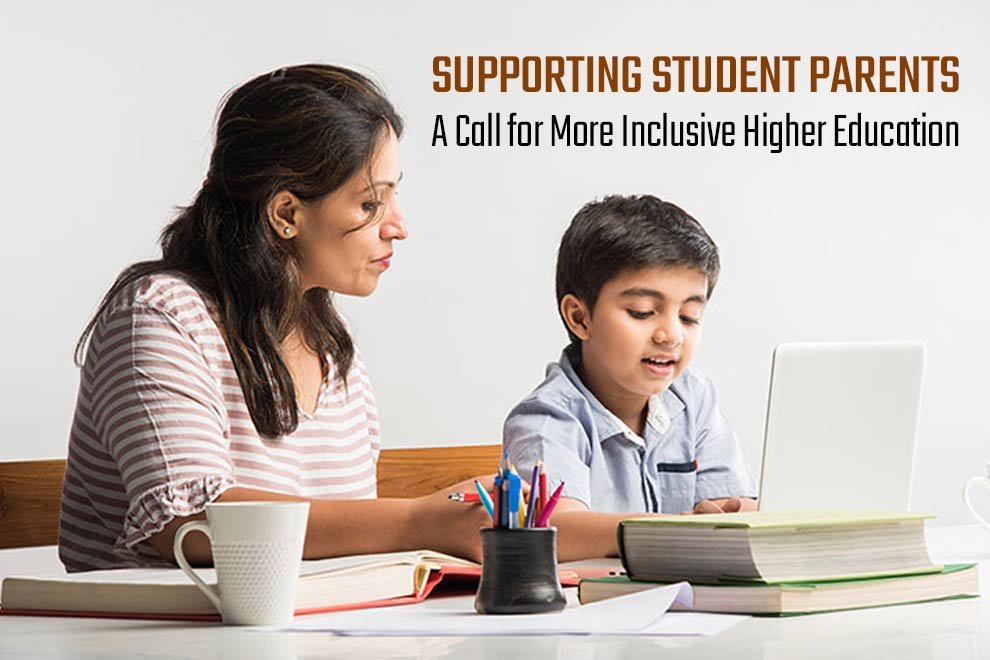The landscape of higher education is evolving, with student demographics becoming more diverse than ever before. Among these emerging groups are student parents, individuals who navigate the dual responsibilities of academic pursuits and raising children. This growing population faces a unique set of challenges that test their resilience and determination. For educational institutions committed to diversity and inclusion, understanding and addressing the needs of student parents is not just beneficial, but essential for fostering a truly supportive learning environment.
Navigating the Physical Campus
One of the most immediate hurdles for student parents is the physical navigation of the university campus. A sprawling campus, with buildings often located far apart, can present significant logistical problems. For a parent needing to drop a child at an on-campus daycare before hurrying to a lecture across campus, time and mobility are paramount. The journey can be complicated by weather, terrain, and the need to carry academic materials alongside a child’s necessities.
On one side, institutions can and should begin to address this by evaluating the overall accessibility of their campuses – not just for families, but for all individuals with diverse needs. This includes ensuring clear pathways, step-free entrances, accessible restrooms, and spaces that work for both prams and wheelchairs alike.
On the other side, parents of infants and toddlers can make their own daily life a little smoother by choosing equipment that fits their needs. Lightweight strollers which are easy to handle are often a game-changer, making it easier to move between locations without the stress of bulky gear.
The Necessity of Robust Institutional Support
Beyond physical infrastructure, student parents require a network of institutional support to succeed. Academic pressures combined with family obligations can create immense stress, making tailored resources a key factor in retention and graduation rates. Flexible academic policies, such as excused absences for a child’s illness or options for remote attendance, can make a significant difference. Financial stability is another major concern, as the costs of tuition, housing, and childcare accumulate.
Effective support systems are multifaceted and proactive. Institutions looking to better serve this demographic should consider implementing a range of services, including:
- Accessible and affordable on-campus childcare facilities.
- Targeted financial aid, grants, and scholarships for student parents.
- Dedicated academic advisors trained on the specific needs of parenting students.
- Priority registration to help students build a schedule that accommodates family life.
- Family-friendly housing options and designated lactation rooms on campus.
Integrating Family Life with Urban Campus Environments
For many universities situated in or near cities, the campus is deeply integrated with the surrounding urban environment. A student parent’s life does not end at the campus edge. They must also manage grocery shopping, medical appointments, and other essential errands within the city. Their ability to do so efficiently has a direct impact on the time and energy they can devote to their studies. A student’s overall well-being is connected to their capacity to feel settled and capable in their broader community.
This reality underscores the need for students to have tools that support an active family life in a metropolitan setting. A versatile urban stroller, for instance, can be vital for navigating public transportation, busy sidewalks, and local parks. When student parents are equipped to handle daily life outside of the classroom, they are better positioned to achieve academic success within it.
Charting a Path Toward Family-Friendly Academia
Creating a truly inclusive academic world requires a conscious and sustained effort to support every member of the student body. Student parents bring valuable life experience and perspective to the university community, enriching the educational environment for all. By investing in family-friendly infrastructure, flexible policies, and comprehensive support services, higher education institutions can empower these dedicated individuals to thrive. It is time for academic leaders to champion this cause, ensuring that balancing academia and parenthood is not an insurmountable obstacle but a recognized and supported journey.
Also Read: Smart Ways to Manage the Cost of Higher Education










